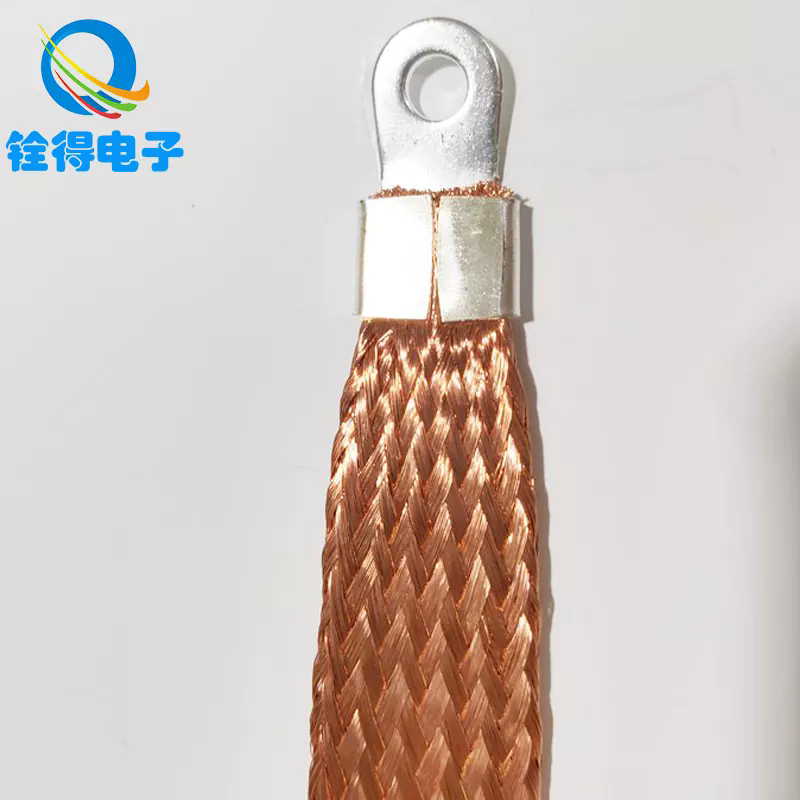Why Is a Ground Wire Essential for Your Electrical Safety?
2025-08-13
Electrical systems are complex, and safety should always be a top priority. One of the most critical components in any electrical setup is the ground wire. But why is it so important? A ground wire provides a safe path for excess electricity to dissipate, preventing electrical shocks, fires, and equipment damage. Without proper grounding, your home or workplace could be at serious risk.
In this article, we’ll explore the role of ground wires, their key specifications, and common questions people have about them. Whether you're a homeowner, electrician, or DIY enthusiast, understanding grounding is crucial for safety and compliance with electrical codes.
How Does a Ground Wire Work?
A ground wire acts as a safety net for electrical systems. When a fault occurs—such as a short circuit or power surge—the excess current flows through the ground wire instead of passing through a person or causing a fire. This direct path to the earth neutralizes dangerous electricity, protecting both people and devices.
Ground wires are typically made of bare copper or green-insulated copper, as these materials offer excellent conductivity and corrosion resistance. They must be properly connected to:
The electrical panel’s grounding bar
Metal water pipes or grounding rods buried in the earth
All metal enclosures of electrical devices
Proper installation ensures that the grounding system functions as intended.
Ground Wire Specifications: What to Look For
When selecting a ground wire, key parameters determine its effectiveness. Below is a quick reference table for professionals and buyers:
|
Parameter |
Ideal Specification |
|---|---|
| Material | Bare copper or green-insulated copper |
| Gauge (AWG) | 6 AWG (for most residential uses) |
| Max Voltage | 600V (standard for household wiring) |
| Temperature Range | -40°C to 90°C (for durability) |
| Compliance | UL, NEC, and local electrical codes |
Choosing the right ground wire ensures long-term safety and compliance with regulations.
Ground Wire Common Questions (FAQ)
Q: Can I use any wire as a ground wire?
A: No. Ground wires must be made of highly conductive, corrosion-resistant materials like copper. Aluminum or steel wires are not suitable due to higher resistance and oxidation risks. Always check local electrical codes for approved grounding materials.
Q: What happens if a ground wire is damaged or disconnected?
A: A faulty ground wire can lead to electrical shocks, appliance damage, or even fires. If you suspect a grounding issue, turn off the power and consult a licensed electrician immediately. Regular inspections help prevent such hazards.
Why Choose Quande for Your Ground Wire Needs?
At Quande, we specialize in high-quality grounding solutions designed for safety and durability. Our ground wires meet strict industry standards, ensuring reliable performance in residential, commercial, and industrial applications.
For more information or to discuss your project requirements, contact us today. Our team of experts is ready to assist you with top-tier products and professional advice.
By understanding the importance of ground wires, their specifications, and common concerns, you can make informed decisions for a safer electrical system. Whether you're upgrading an existing setup or installing a new one, proper grounding is non-negotiable. Trust Quande for excellence in electrical safety solutions.



